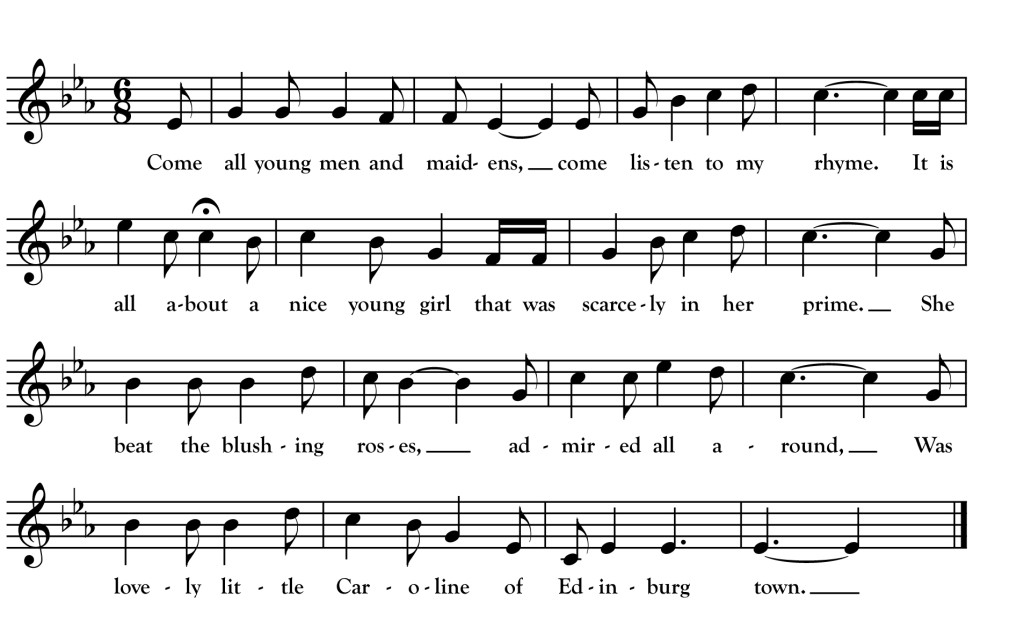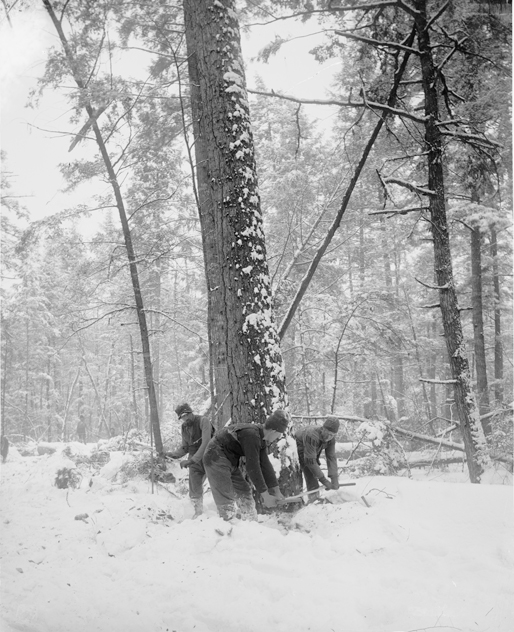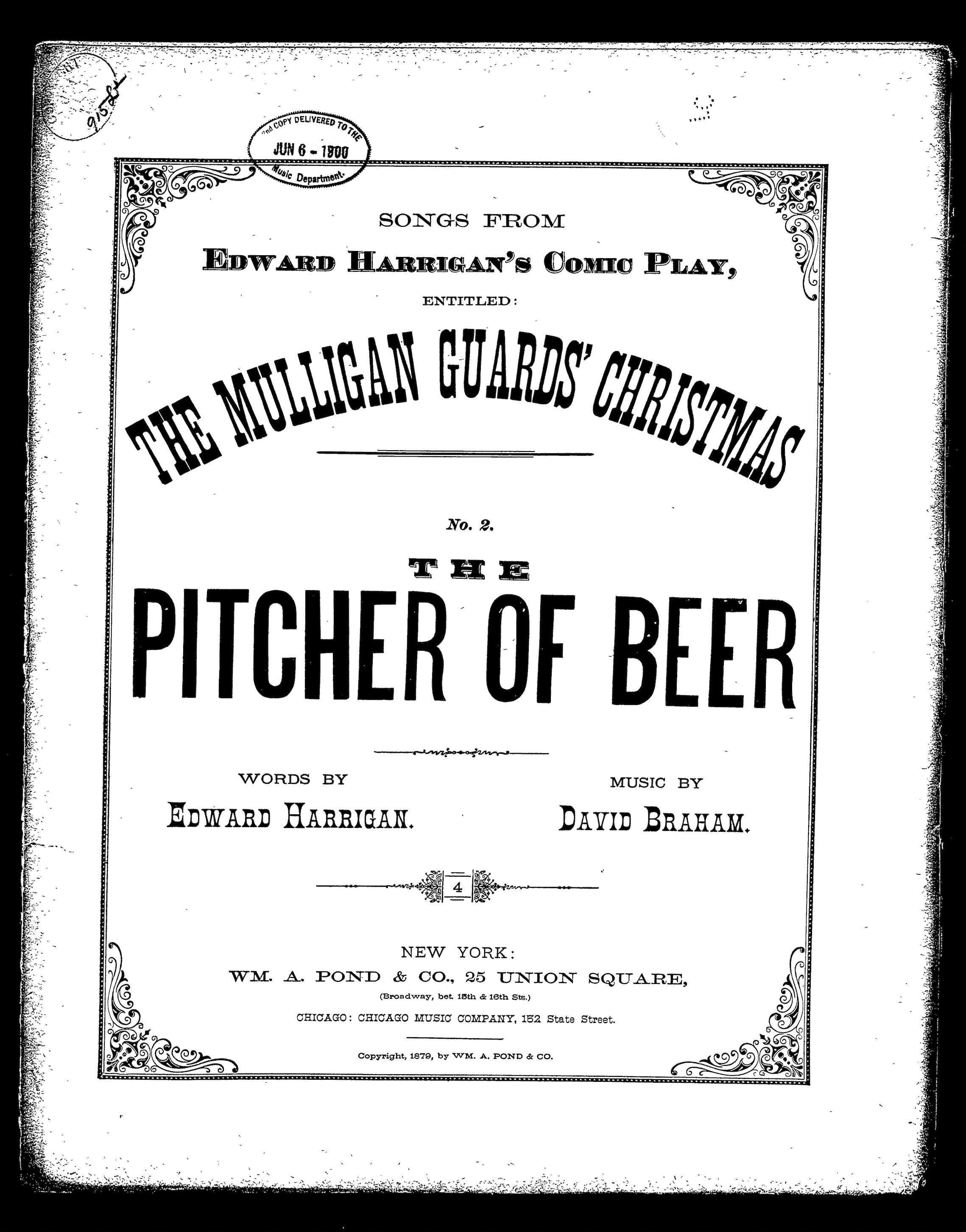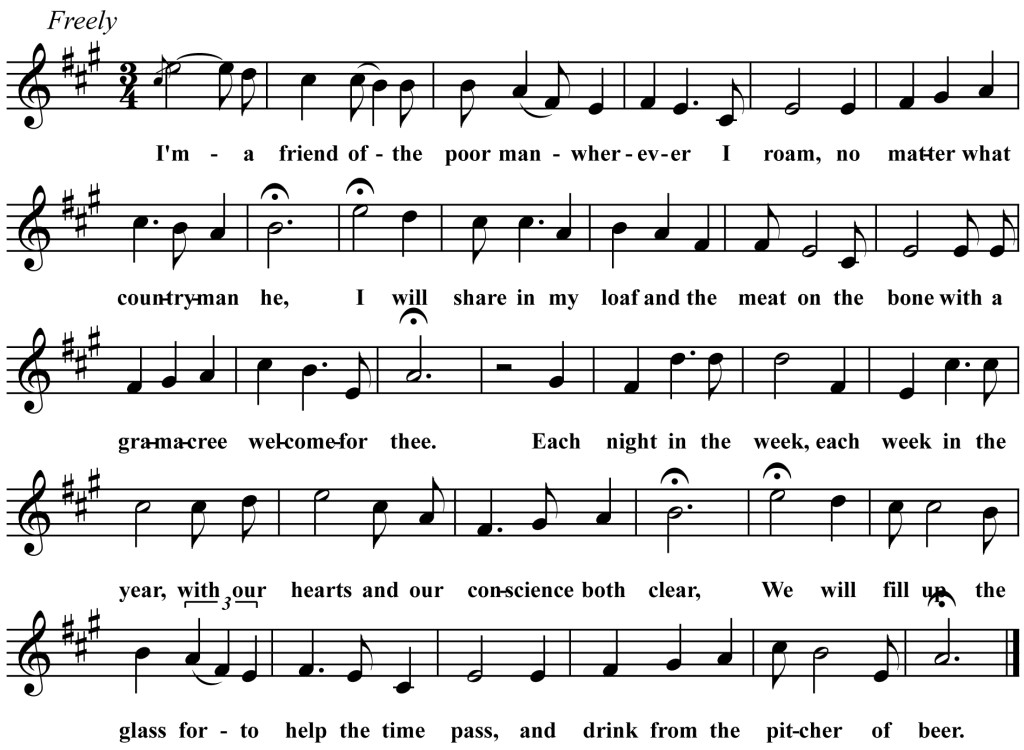Caroline of Edinburg Town (Laws P27)
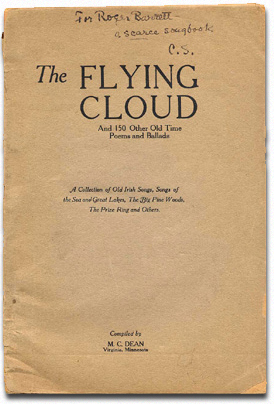
Come, all young men and maidens, come listen to my rhyme,
It is all about a nice young girl that was scarcely in her prime,
She beat the blushing roses, admired all around,
Was lovely little Caroline of Edinburg town.
Young Henry was a Highland man, a-courting her he came,
And when her parents came to know they did not like the same;
Young Henry was offended and this to her did say,
“Rise up, my lovely Caroline, and with me run away.”
Persuaded by young Henry, she put on her finest gown,
And soon was traveling on the road from Edinburg town;
She says to him, “Oh, Henry, dear, pray never on me frown,
Or you’ll break the heart of Caroline of Edinburg town.”
They had not been in London scarcely half a year
When hard-hearted Henry he proved to be severe;
Says Henry, “I’ll go to sea, your parents did on me frown,
So without delay go beg your way to Edinburg town.
The fleet is fitting out and to Spithead is dropping down,
And I will join in that fleet to fight for King and Crown;
“The gallant tar might feel the scar or in the waters drown,
But,” says she, “I never will return to Edinburg town,”
Filled with grief without relief, this maiden she did go,
Right into the wood to eat such food as on the bushes grew;
Some strangers they did pity her and more did on her frown,
And some did say what made you stray from Edinburg town?
It was on a lofty jutting cliff this maid sat down to cry,
A-watching of King Henry’s ship as they were sailing by;
She says, “Farewell, oh, Henry dear,” and plunged her body down,
And that’s what became of Caroline of Edinburg town.
A note was in her bonnet that was found along the shore,
And in the note a lock of hair and those words, “I am no more;
I am fast asleep down in the deep, the fishes are watching ’round,
What once was lovely Caroline of Edinburg town.”
This version of the well-travelled traditional song “Caroline of Edinburgh Town” was sung by Minnesota singer Michael C. Dean and printed in Dean’s 1922 songster The Flying Cloud. Franz Rickaby transcribed the above melody from Dean’s singing in 1923 at Dean’s home in Virginia, Minnesota. Dean told Rickaby that his Irish immigrant mother Mary McMahon Dean used to sing the grim (but beautiful) song to him as a lullaby. This song was one of fifteen transcriptions Rickaby made from Dean’s singing that didn’t get published in Rickaby’s Ballads and Songs of the Shanty-Boy. I was able to access it via copies of Rickaby’s song notebooks held by the Mills Music Library at the University of Wisconsin in Madison. Unfortunately, unlike other songs of Dean’s, “Caroline” was not recorded when Robert Winslow Gordon made a series of wax cylinders of Dean’s singing in 1924 so we don’t know if his misspelling of “Edinburgh” was any indication of his pronunciation of the name of Scotland’s capital city.
I learned Dean’s melody and text in 2008 and sang it for the Minnesota Heritage Songbook project – a collection of old songs once sung in Minnesota. That recording (along with the full songbook) is available online at http://mnheritagesongbook.net.
My wife Norah Rendell sings this version as well and she even arranged it and recorded it with her band The Outside Track for their album “Curious Things Given Wings.” Much to my delight, Norah has also taught this Minnesota-sourced song to students at the Center for Irish Music.

